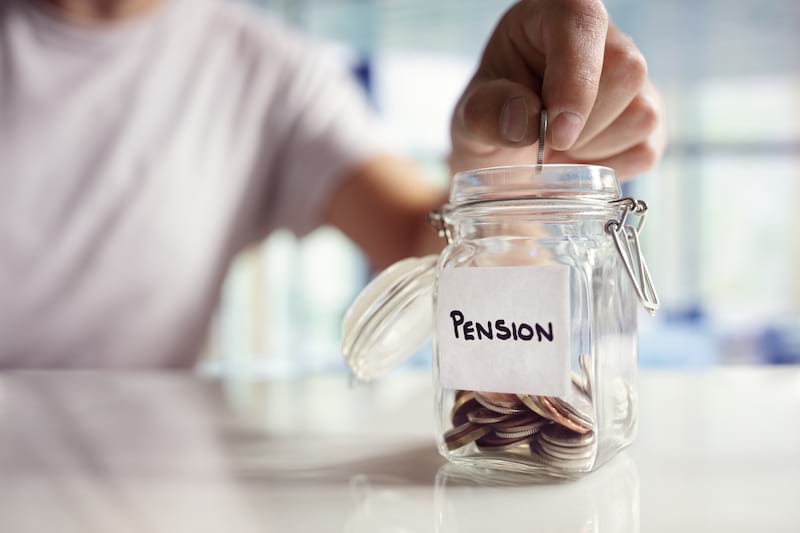Last year’s inflation in the Czech Republic (3%) was the fastest rise in prices for Czechs in the last decade. Not everyone feels inflation the same, though. High inflation in the Czech Republic has hit mainly the poor.
Sociologists believe that the problem is not in the level of inflation, but in its structure. In the Czech Republic, prices are mainly rising for housing and food. If we compare the growth of inflation in the Czech Republic from 2005 to the present day, then its percentage is equal to the European average.
Inflation is calculated based on the prices of the consumer basket, which consists of a variety of goods and services. Each household has its own consumer basket. In case of inflation, prices for all goods in the consumer basket do not rise. This is evidenced, for example, by falling prices for electronics.
For example, Jakub Seidler, chief economist at ING Bank, says the rise in inflation depends on our purchases. Everyone buys food, which is why inflation in this industry is one of the highest. And for example, electronics are bought at times less often than products. Therefore, prices for electronics are falling.
Another reason for the rise in inflation in the Czech Republic was housing prices, in particular the rise in electricity prices. The third factor in connection with the increase in excise taxes was the rise in prices for alcoholic beverages and tobacco products.
Mandatory expenses such as housing and food make up a large portion of the budget for low-income families. In this case, “if prices for these industries rise, it hurts more poor families, as they spend most of their budget on them. Thus, they have less budget for culture, travel, recreation and the like,” – said sociologist Daniel Prokop. He believes that the consequence of this is an increase in inequality in the country, thus inflation mainly hits the poor.
He also said that inflation has harmed pensioners in the past. The indexation of pensions was carried out on the basis of inflation and the consumer basket for the entire population and did not take into account the differences in the consumer basket among pensioners.
At the moment, pensioners are coping with inflation better; the rise in prices is now felt mainly by low-income families with children. “Poor families with children have suffered from the structure of inflation both before and now. But of course, it depends on their salary.”

Read also From January, Czech pensions will increase by 839 crowns.
While average inflation in 2020 was the highest in eight years, economists remain calm. The Czech National Bank has been trying to keep inflation at 2% since January 2010.
“If we compare the average to show inflation for 10 years, the indicator will be 1.8%, that is, in reality, about 2%. This is the number the CNB is aiming for.” – said Jakub Seidler.